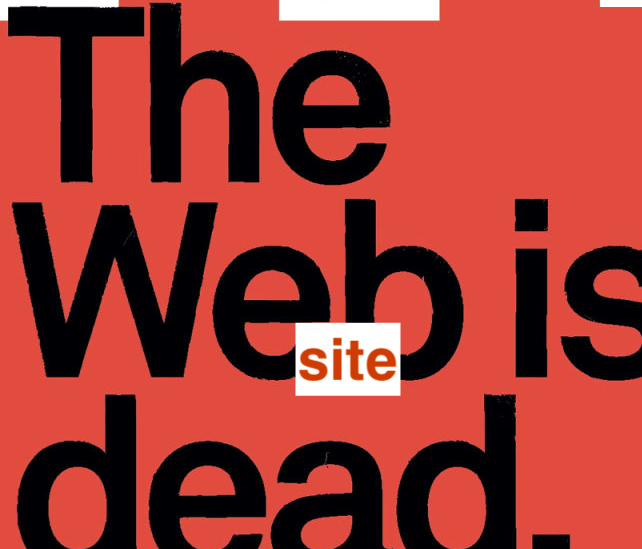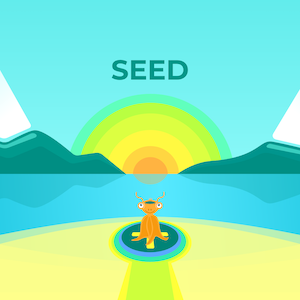Last year, Spotify announced it would give artists and record labels "a boost in promotion" only if they accepted a lower royalty rate — and those rates to be honest are abysmally low. Between fights over compensating artists and the massive revenues raked in by Spotify and it's stakeholders, it’s clear that the world of digital streaming music has "class conflict at its heart". Spotify's P.R. put out a statement saying "In this new experiment, artists and labels can identify music that’s a priority for them, and our system will add that signal to the algorithm that determines personalized listening sessions.… This allows our algorithms to account for what’s important to the artist." With all such 'P.R. speak' and corporate propaganda, one thing is clear - that euphemisms are heavy and reality is counter to what is being hyped. “What’s important to the artist” is better understood as “what the artist can afford” By no means Spotify and it's advanced algorithms favor any equal opportunity (democracy) in music. The following essay explains how Spotify endangers the music ecosystem. How the company violates it's own terms and conditions. The 'black-market' that exists between Spotify and those with deep pockets!
In 2018, we published 'Death Of The Album' - a probe into the rise of playlist culture and it's effect on artists and fans. Can 3000+ playlists define (and capture) our imagination and taste in music? Not really, and it's not even important, since one can always listen to new music without (outside) Spotify. Currently Spotify offers about 72million songs - approximately 15% of all recorded published music (archived by Gracenote).
Spotify is continuously finding new ways (and legal tropes) to mooch the artist, by paying less and less, consequently accruing millions of dollars more for it's shareholders. And the public is loving it! Very similar to Uber and the average taxi driver - the case of "gig economy". A recent article by Jacobin Magazine states "Spotify is constantly taking artists to court, seeking ways to pay even less in royalties than they already do". Last year, the Union of Musicians and Allied Workers launched 'Justice at Spotify campaign' - a collective mobilisation, made of artists and public challenging Spotify's global exploitation and domination, in terms of payouts, royalties and lack of transparency. Three of it's principle demands - "At least one cent per play, and an end to the streamer’s pay-to-play arrangements. 2nd, make all closed-door contracts public information. 3rd, list credits for all those involved in recording and production" UMAW's initial call to action grew from roughly 1000 pledges to more than 26,000 in a span of 6 months. Read and Sign Up Here! Recently we asked a select group of musicians and DJs if they consider the creation of music at par with labor, in terms of effort and compensation (call it royalty, payout, fair-share etc). An overwhelming majority said no. The same set of people also use Spotify on a daily basis. There lies the problem, with artists who sign-up for exploitation by design. Is the 'music ecosystem' in jeopardy then? Clearly so. To explain it simply - a song which is not recognized as 'labor' is less able to provide for a meaningful connection. Bereft of authenticity. Yet as a commodity, the same tune, becomes more forgettable, more disposable. "A sad accompaniment to alienation". So much for the millions of tunes that Spotify swallows into oblivion, and the thousands of dwindling artists who willingly swear loyalty to unfair practices. Add further servitude, by placing the Spotify logo across the lookalike soundalike propaganda on Instagram.
"Make all closed-door contracts public information...". Now here is where the scene gets really greasy. Very few artists and listeners are aware as to how and why certain songs go viral on Spotify, showing up across playlists, gathering millions of plays, without having any uniqueness or newness to the content. So what makes one bright star and ten thousand black holes? The unspoken relationship between Spotify and Rap is clear evidence, as to how the black-market and digital pimping (kickback) works. Every popular playlist on Spotify contains music (wholly or partly) which is paid for. By who? By labels, promoters, artists, bands, managers and booking agents.
All who obey and 'compensate' the curators (or call them playlist-editors) inside Spotify - with the singular aim, that the 'dear content' hits up on Spotify playlists... or at least one playlist, depending how many thousands of dollars worth compensation one is working with. Danny Garcia, founder of SpotLister can explain the math clearly as "a playlist with 100,000 type followers makes nine credits, or $20, while a playlist with only 500 followers is worth about one credit, or $2. That's per day ... So we can calculate how much one needs, as investment, to make at least a thousand dollars a month? It's just not possible for the average artist to survive with this type of an equation".
The 'compensation for selective content' happens across genres, playlists and promoted songs on Spotify. Pegged on the hope, that once a tune enters the digital stream and shows up on more and more playlists, the investor (artist, label or agency) will reap the benefits - as circulation, fame and as some money. Pardon us, to use the word 'some', yet as we see that the total payouts of Spotify account for less than 22% of it's net revenues in 2020. The biggest playlists exist only to manufacture hits. Temporal in nature. A minuscule benefit, that trickles down to the majority of artists and that too mostly for a short while. An average 200 plays (per day) of a given song accrues to one dollar. "The black market for Spotify playlists is booming. It’s cheaper than you might expect to hack the system—and if it’s done right, it more than pays for itself." states Daily Dot.
Spotify in essence, is an institution which mirrors the old Hegelian "Master / Slave" relationship. Hence, are we (artists) consciously enslaved yet? In August 2020, Daniel Ek, who Forbes estimates to be worth $4.5 billion, suggested that artists complaining about streaming revenue were simply not trying hard enough, and merely needed to continually churn out new music. Reminds us of the words by the father of neoliberal economics, Milton Friedman, who said "The world runs on individuals pursuing their separate interests. The great achievements of civilization have come from self-serving interests and production..." Less we forget the legal threats and bullying organised by Spotify over the last 3 years, targeting dozens of popular singers and songwriters.
Our argument, based on public dissent, that Spotify robs and destroys our collective ability and opportunity. It further bankrupts our ability to imagine and control our relationship to art, labor, creativity and each other. Boycott and Divest Spotify. After all, we (artists and public) don't really need it - rather it needs us.































0 -